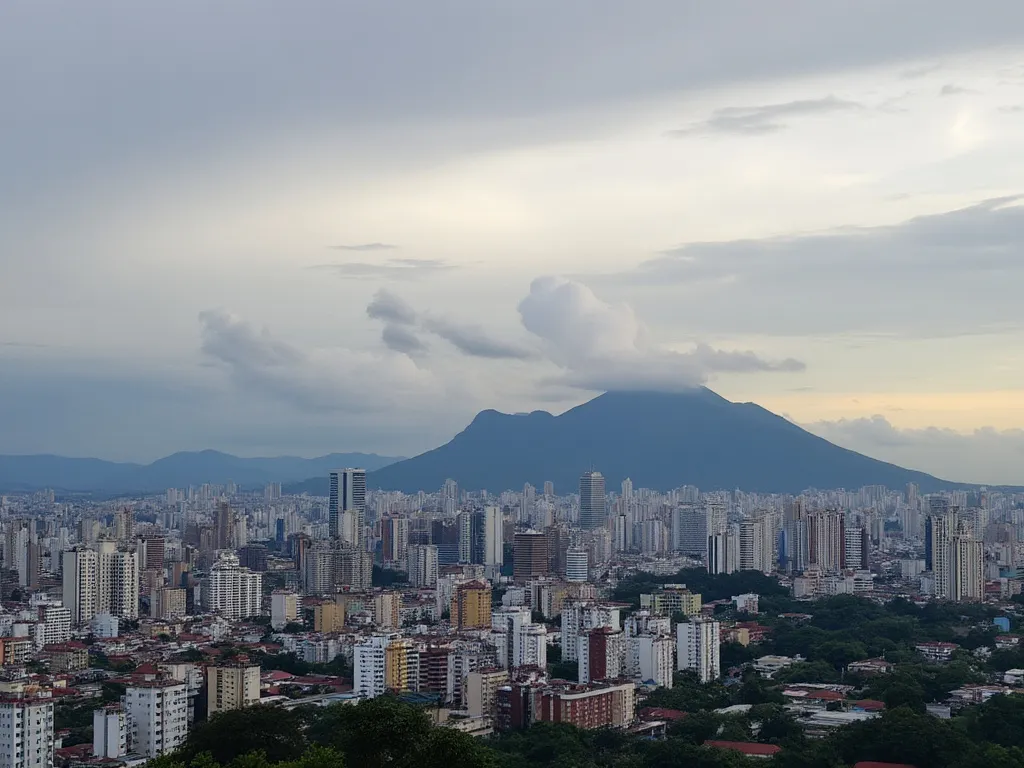
Caracas, the capital city of Venezuela, is a bustling metropolis nestled in the northern part of the country. With a rich history dating back to the 16th century, Caracas has evolved into a vibrant cultural and economic hub. The city is known for its stunning natural surroundings, modern architecture, and world-class museums.
Caracas Information
| Country | 🇻🇪 Venezuela |
| City Population | 5,576,000 |
| City Coordinates | 10.4806° N, 66.8983° W |
| City Area | 776 km² |
| Climate | Tropical savanna climate |
| Language | Spanish |
| Currency | Venezuelan bolívar |
| Time zone | UTC-4 |
| Proximity to other major cities | Maracaibo (525 km), Valencia (173 km), Maracay (100 km) |
Historical Background of Caracas
Caracas was founded in 1567 by Spanish colonizers, who named it Santiago de León de Caracas. The city played a significant role in the country's struggle for independence, with Simón Bolívar, the Venezuelan hero, being born in Caracas in 1783. Throughout its history, Caracas has been shaped by various cultures, including Spanish, African, and indigenous influences.
Geographical Location of Caracas
Caracas is situated in the Caracas Valley, surrounded by the Avila Mountain to the north and the Waraira Repano Mountain to the south. The city's unique geography has created a microclimate, with temperatures ranging from 18°C to 28°C throughout the year. The valley is also prone to earthquakes, with the most recent significant one occurring in 1967.
Cultural Significance of Caracas
Caracas is a city that proudly showcases its cultural heritage. The city is home to numerous museums, including the National Museum of Fine Arts, the Museum of Contemporary Art, and the Bolivarian Museum. The city also hosts various cultural festivals throughout the year, such as the Caracas Jazz Festival and the International Book Fair.
Economic Importance of Caracas
Caracas is the economic hub of Venezuela, with a strong focus on the oil and gas industry. The city is also a major center for commerce, finance, and industry, with many multinational corporations having operations in the city. However, the city has faced significant economic challenges in recent years, including high inflation and shortages of basic goods.
Interesting Facts About Caracas
- Caracas is home to the world's longest cable car system, which stretches for 3.5 km.
- The city has a unique address system, with buildings being identified by a combination of letters and numbers.
- Caracas is one of the most populous cities in South America, with over 5.5 million inhabitants.
Tourist Attractions in Caracas
- Simón Bolívar Birthplace House Museum
- Caracas Cathedral
- National Museum of Fine Arts
- Avila Mountain
- Waraira Repano Mountain
Conclusion on Caracas
Caracas is a city that seamlessly blends its rich history, vibrant culture, and stunning natural surroundings. Despite facing significant economic challenges, the city remains a popular tourist destination, with its world-class museums, historic landmarks, and breathtaking views. As the capital city of Venezuela, Caracas continues to play a vital role in the country's development and growth.
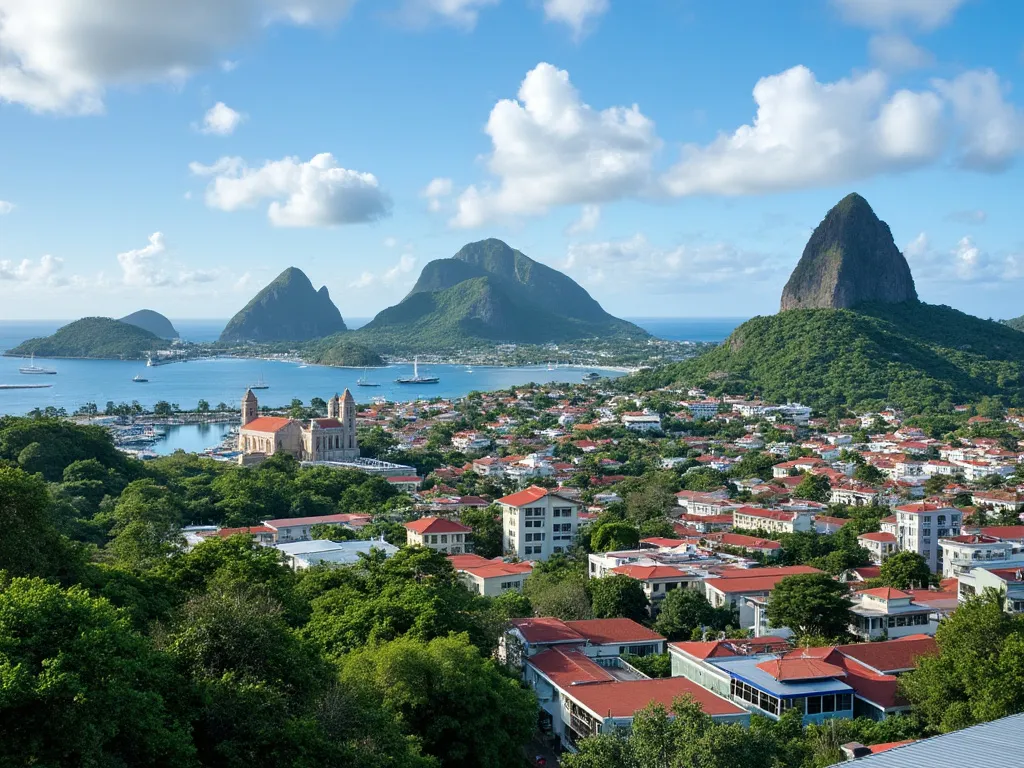 Castries
Castries
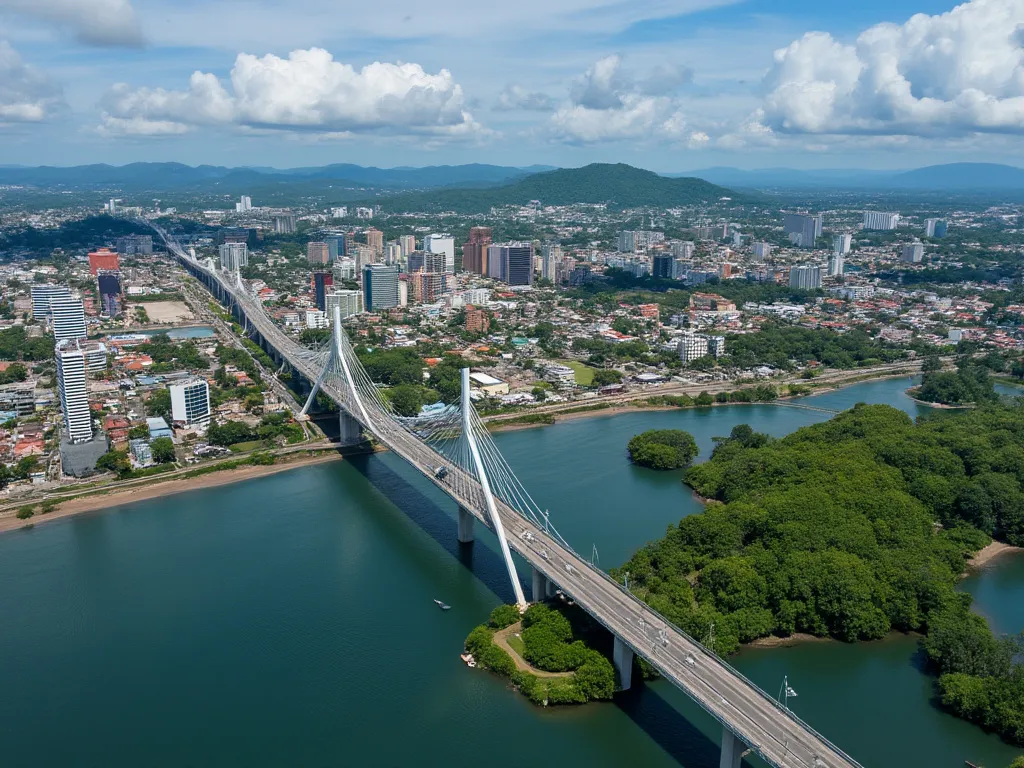 Cayenne
Cayenne
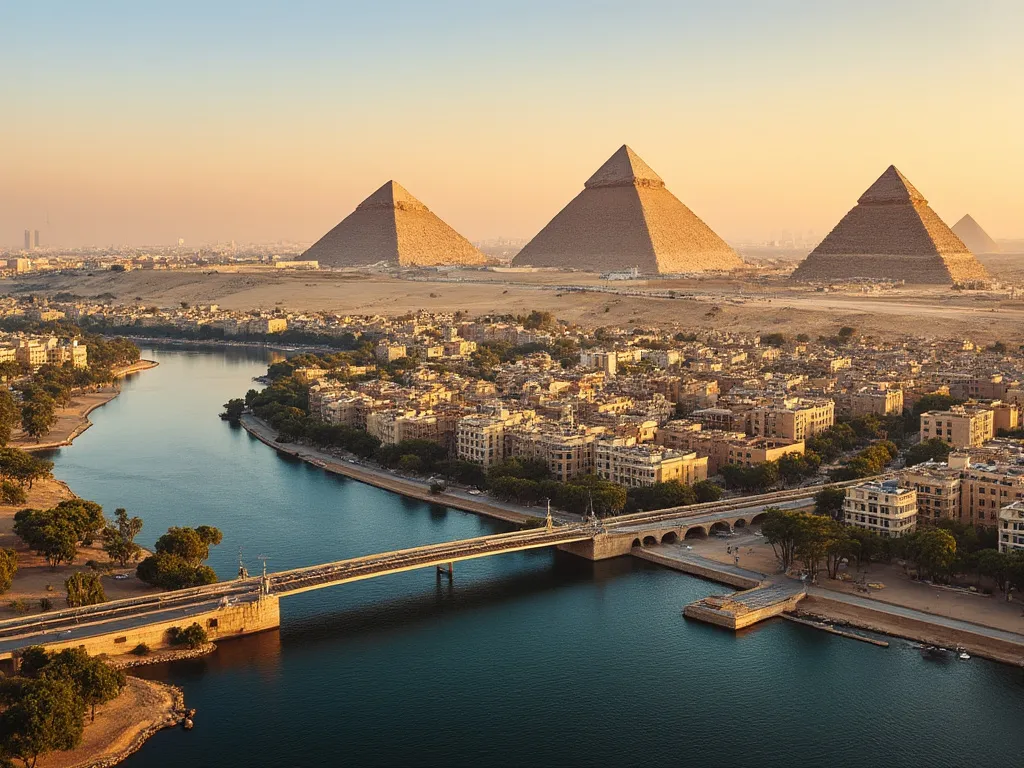 Cairo
Cairo
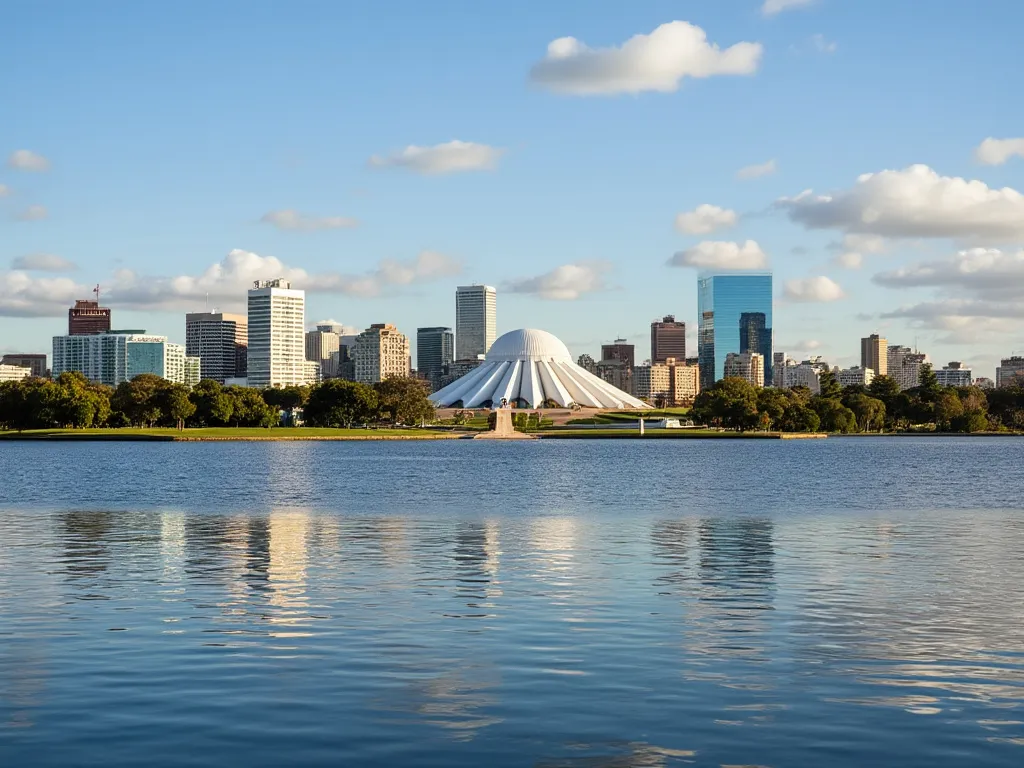 Canberra
Canberra